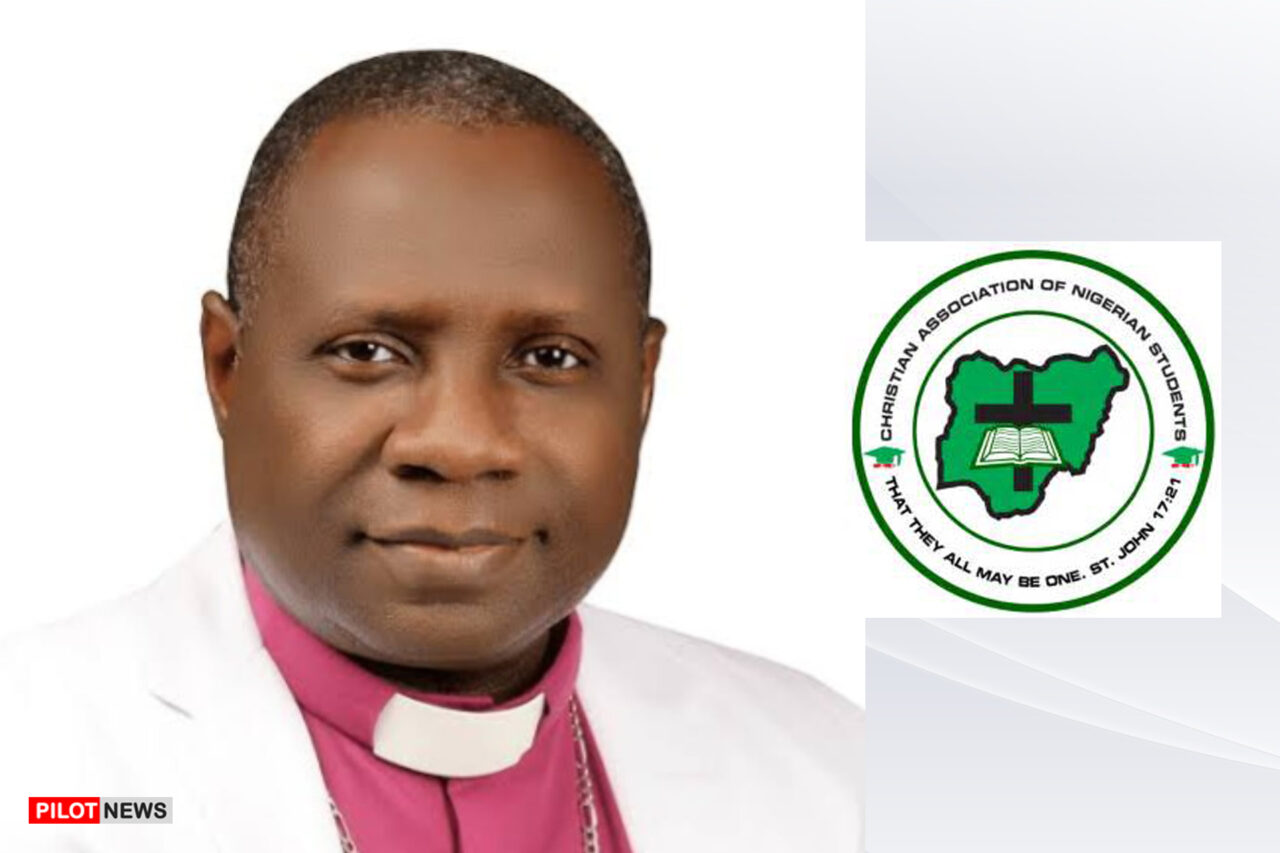Ahead of February 25, 2023, presidential election in Nigeria, the Christian Association of Nigeria (CAN) has set agenda for the 18 presidential candidates contesting the exalted position in the country.
The religious body began an interactive session with all the presidential candidates on Tuesday.
The Presidential Candidate of the All Progressives Congress (APC), Asiwaju Bola Ahmed Tinubu, was the guest of the association on Wednesday, while the Presidential Candidate of the Labour Party (LP), Peter Obi may meet the association next week.
Atiku Abubakar of the People’s Democratic Party (PDP) who was scheduled to meet the leadership of the association on Tuesday has not done so as of the time of this report.
At the event held at the National Christian Centre, CAN presented a strategic document tagged, “The Charter for Future Nigeria” to Tinubu for a prosperous and peaceful Nigeria founded on justice and freedom for all.
Key demands include; state police or a decentralized policing system, devolution of power to states, equal rights for all religions and their adherents, right to self-determination by all ethnic groups, right to control natural resources by communities that bear them, no to open grazing and equitable electoral system that guarantees the right to vote and be voted for by all.
CAN President, Archbishop Daniel Okoh, said the idea of the interaction was to come together to review their understanding of the Nigerian crisis, governance and collectively find a lasting solution.
“We have consulted with Nigerians of diverse religious, ethnic and social identities on the problems of the country and the solutions to them have been articulated in the strategic document we call ‘The Charter for Future Nigeria.
“The document made genuine recommendations for resolving Nigeria’s recurrent crises that border on justice and fairness, equality of all ethnic and religious groups, equal access to basic economic and social rights, political freedom and an egalitarian and just social order.
“The Charter for Future Nigeria begins with a diagnosis of Nigeria’s problem and locates it primarily in an incoherent constitutional and institutional framework that defines governance and social and economic interactions in Nigeria.
“This incoherence is the main reason that the country today is almost submerged in the chaos of insecurity, instability and economic stagnation. The document considers this incoherence in political, social and economic dimensions,” Okoh said.
He said that the overriding concept in this transformation “is democratic citizenship”, which should be the focus of governance at all levels in Nigeria in promoting the socio-economic wellbeing of every Nigerian citizen irrespective of religion, ethnicity, or social pedigree.
CAN President stated that “there must be a clear indication that Nigerians have common citizenship and that every Nigerian should be treated as a Nigerian, no matter where he lives and that no Nigerian should be discriminated against on any matter of goods and services provided by any authority in Nigeria, whether at the federal or state levels”.
Tinubu said that “his entire political career and that as governor of Lagos State, he partnered with the Christians to improve lives and foster education, including returning mission schools to their owners, most of who are Christians.
He also promised that if elected, his door will be open to the leadership of CAN and that they will be consulted regularly on the affairs of the state.
- Pollution: Ogun State Government Clamp Down On Three Churches - April 24, 2024
- Troops Rescues 44 Women, and Children In Timbuktu Triangle - April 24, 2024
- Sokoto State: 15 District Heads Fired - April 24, 2024


